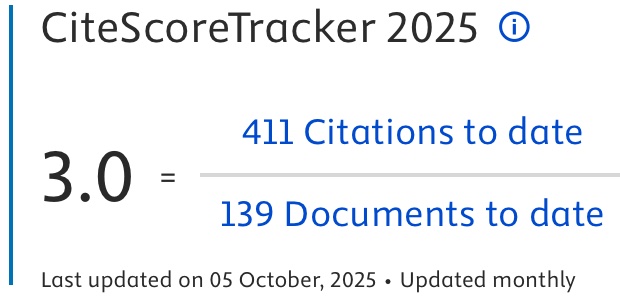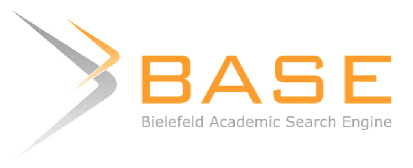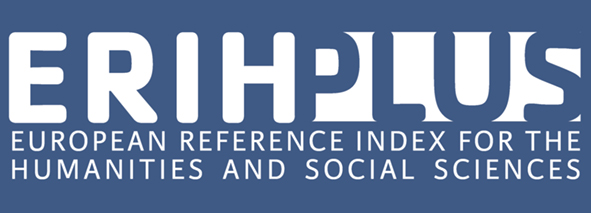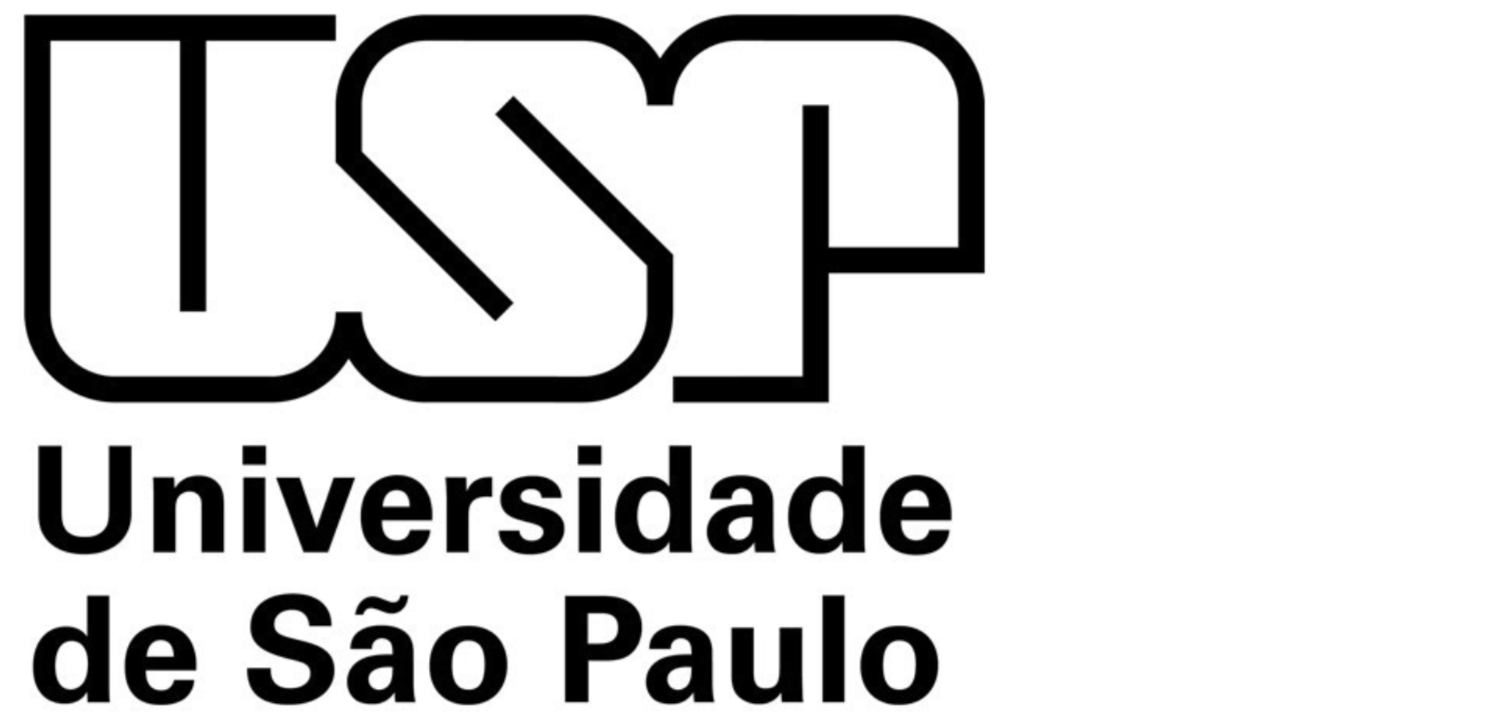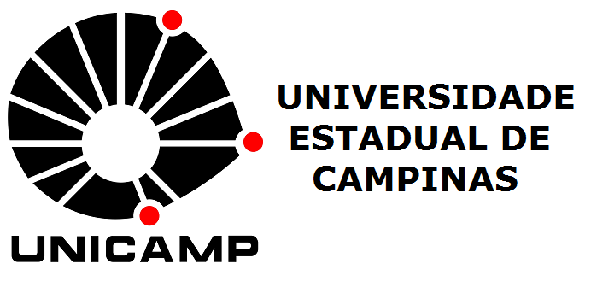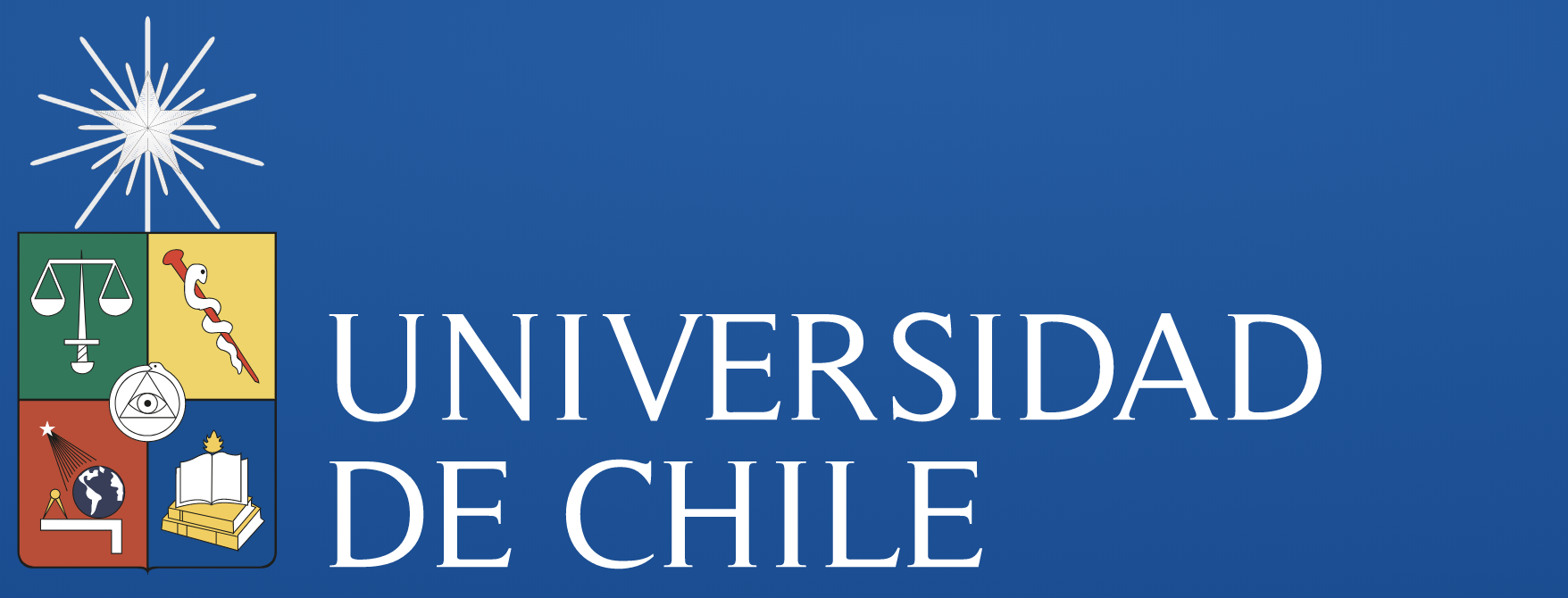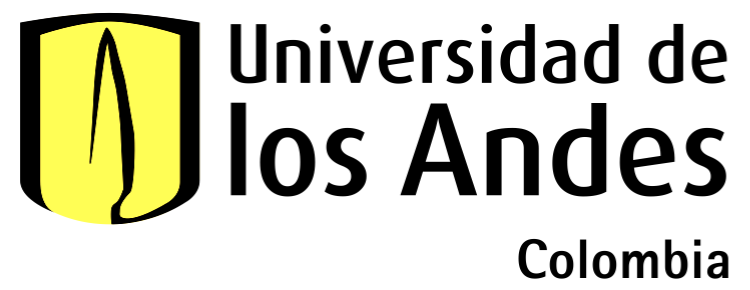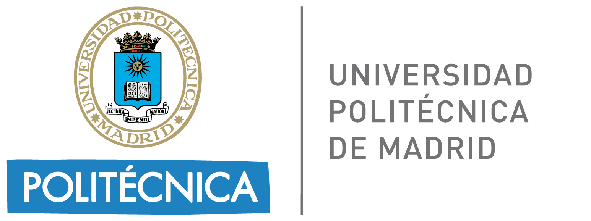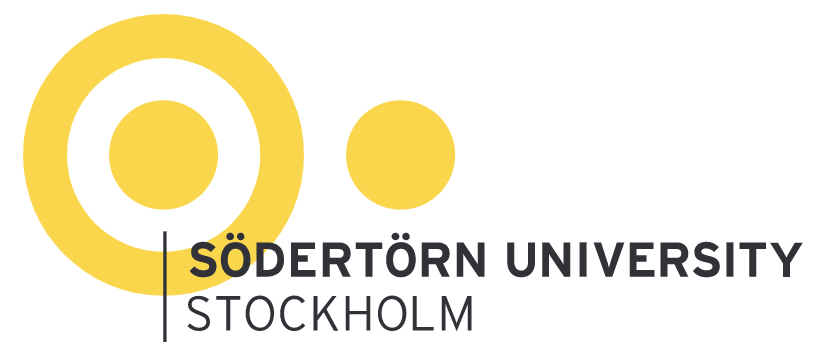Educational contents and innovative competencies for training and research in technology industry
DOI:
https://doi.org/10.19229/2464-9309/332018Keywords:
digitalization, enabling technologies, training profiles, technological design, smart environmentAbstract
The birth of Architectural Technology dates back to the end of the 1960s and it is an innovation in the spectrum of courses offered in the Architecture department. The evolution of this subject has given rise to different areas that have originally contributed to increasing awareness of the architecture project as part of the building process. Today, the new educational challenges are facing emerging scenarios of the building industry digitalization, which contribute to determining structures of greater efficiency, linked to enabling technologies to manage intangible components and information.
Downloads
Article Metrics Graph
References
Del Nord, R. (1988), “Il ruolo della tecnologia e della normativa tecnica nel processo di progettazione e di edificazione”, in Gangemi, V. and Ranzo, P. (eds), Il governo del progetto, L. Parma, Bologna.
Fontana, C. (ed.) (1996), Costruire l’architetto – Il ruolo della Tecnologia nelle Facoltà di Architettura, Atti del VI Convegno – Congresso dell’Area Tecnologica, Milano 25/27 gennaio, Stampitalia, Milano.
La Creta, R. (2006), “Tecnologia dell’Architettura: cronache e storia”, in Buccaro, A., Fabbricatore, G. and Papa L. M. (eds), Storia dell’Ingegneria – Atti del I Convegno Nazionale, Cuzzolin, Napoli.
Nardi, G. (1986), Le nuove radici antiche, Franco Angeli, Milano.
Schiaffonati, F. (2014), “Il contesto culturale e la nascita della disciplina”, in Aa. Vv., La cultura tecnologica nella scuola milanese, Maggioli, Milano.
Vittoria, E. (2008), “L’invenzione del futuro: un’arte del costruire”, in De Santis, M., Losasso, M. and Pinto, M. R. (eds), L’invenzione del futuro – Primo Convegno Nazionale SITdA, Alinea, Firenze.
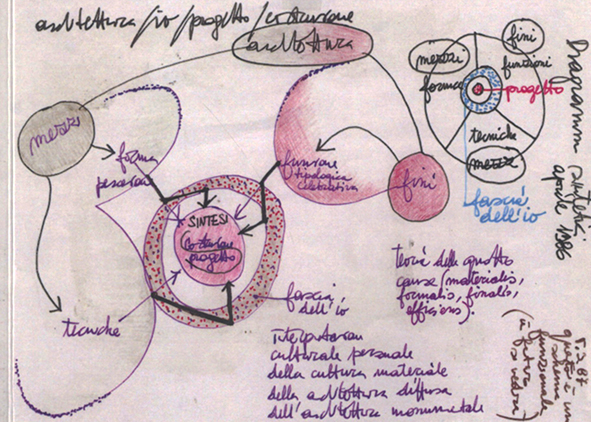
Downloads
Published
How to Cite
Issue
Section
License
This Journal is published under Creative Commons Attribution Licence 4.0 (CC-BY).
License scheme | Legal code
This License allows anyone to:
Share: copy and redistribute the material in any medium or format.
Adapt: remix, transform, and build upon the material for any purpose, even commercially.
Under the following terms
Attribution: Users must give appropriate credit, provide a link to the license, and indicate if changes were made; users may do so in any reasonable manner, but not in any way that suggests the licensor endorses them or their use.
No additional restrictions: Users may not apply legal terms or technological measures that legally restrict others from doing anything the license permits.
Notices
Users do not have to comply with the license for elements of the material in the public domain or where your use is permitted by an applicable exception or limitation.
No warranties are given. The license may not give users all of the permissions necessary for their intended use. For example, other rights such as publicity, privacy, or moral rights may limit how you use the material.






